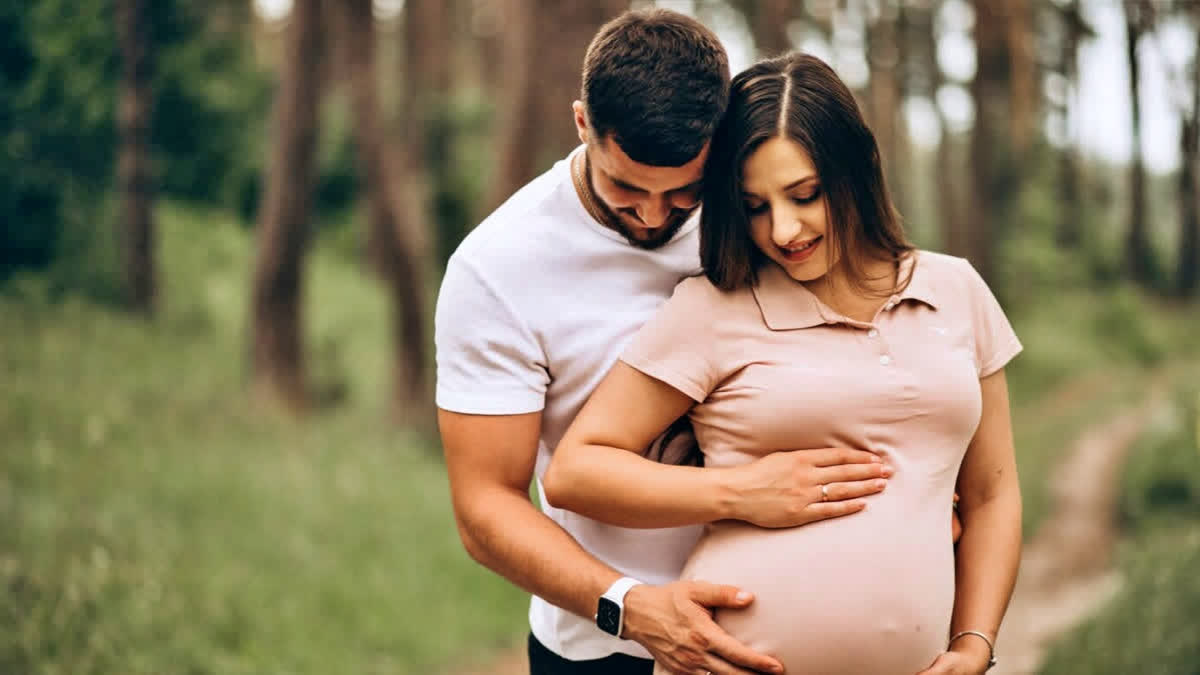As a woman ages, her fertility gradually declines, making it more challenging to conceive. Getting pregnant at an older age can come with increased risks and complications. In a recent podcast, renowned gynecologist Dr. Nandita Palshetkar shared her insights on pregnancy, conception challenges, and the societal pressures women face when it comes to motherhood. She also discussed the ideal age for pregnancy and how fertility changes over time.
What is the Best Age to Get Pregnant?
According to Dr. Palshetkar, the optimal age for women to conceive is around 28 years. However, in today’s world, pregnancy between the ages of 30 and 35 is also considered practical. She said that age plays a crucial role in fertility. Scientific research has shown that the number of eggs in a woman’s ovaries starts to decline around the age of 28.
While it is still possible to conceive after the age of 35, the process may become more challenging. Fertility treatments and medical advancements can help, but the likelihood of pregnancy naturally decreases with age.
Challenges of Late Pregnancy
As women delay pregnancy due to career goals or personal choices, they must be aware of the potential difficulties. Advanced maternal age can lead to complications such as a higher risk of miscarriage, gestational diabetes, high blood pressure, and chromosomal abnormalities in the baby.
If you're planning to conceive later in life, consulting a fertility specialist and adopting a healthy lifestyle can improve your chances of a successful pregnancy.
What Studies Say About Late Pregnancy
Scientific studies suggest that while it is possible to conceive in the late 30s and early 40s, fertility significantly declines with age. Research published in the Journal of the American Medical Association (JAMA) indicates that women over 35 have a lower ovarian reserve, meaning fewer eggs of optimal quality are available for fertilization.
According to the American College of Obstetricians and Gynecologists (ACOG), women in their late 30s and 40s face increased risks of pregnancy complications, such as gestational diabetes, high blood pressure, and preterm birth. Additionally, a study from the European Journal of Obstetrics & Gynecology highlights that older mothers are more likely to require assisted reproductive technologies (ART) like in-vitro fertilization (IVF).
However, with proper medical care and lifestyle adjustments, many women successfully conceive and have healthy pregnancies even in their late 30s and beyond. If you are considering pregnancy, planning ahead and seeking expert advice can help ensure a safe and healthy journey to motherhood.
(Disclaimer: The information provided in this health article is for general informational purposes only and is not intended as medical advice. It is not a substitute for professional healthcare consultation, diagnosis, or treatment. Always seek the advice of your physician or other qualified health provider with any questions you may have regarding a medical condition.)
Read more:



